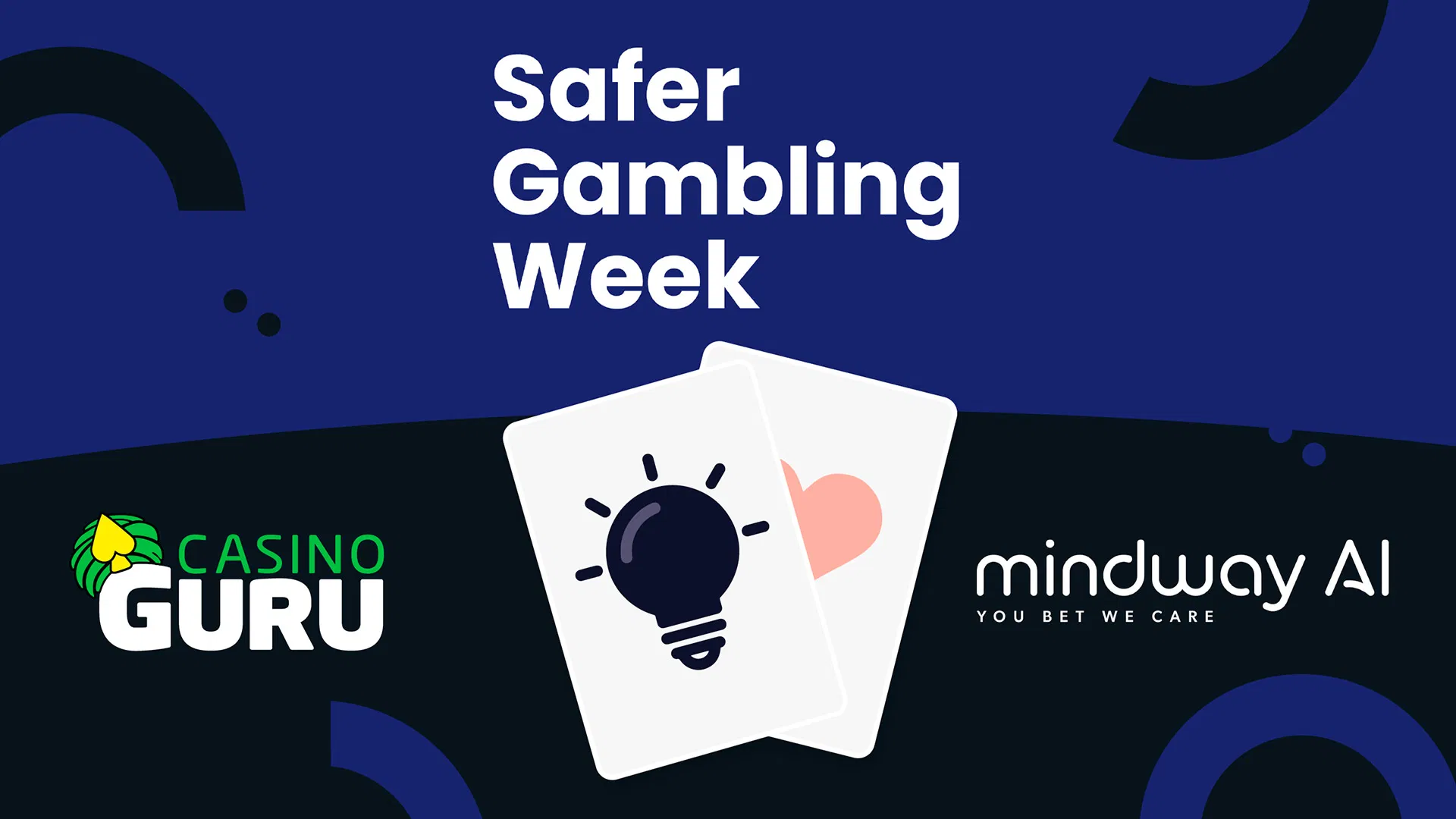Roblox is a popular online gaming platform known for its user-generated content and massive player base, including millions of children. However, concerns have risen regarding the association of certain features with gambling-like mechanics. These concerns have sparked debates about whether such features are appropriate for younger audiences. In this article, we explore the issues around “Roblox gambling,” breaking down the key elements while maintaining clarity and SEO best practices.http://Roblox Gambling
Understanding Roblox and Its Ecosystem
Roblox allows users to create and play games. Players can make in-game purchases using a virtual currency called Robux, which helps them buy avatar accessories, game passes, or virtual items to enhance their gaming experience. While the platform promotes creativity and social interaction, some game mechanics have drawn comparisons to gambling, particularly when players engage in activities that involve chance-based rewards.
What Is Considered Gambling in Roblox?
“Roblox gambling” doesn’t refer to traditional casino gambling but to features that resemble gambling practices. Some examples include:
- Loot Boxes: These virtual packages contain unknown items. Players buy them without knowing what’s inside, hoping for rare or valuable rewards. This randomness mimics gambling.
- Gacha Systems: Gacha games, inspired by Japanese culture, involve spending Robux to get random in-game items. The appeal lies in the uncertainty of what players will receive.
- Trading and Marketplace Betting: Some users trade high-value items for Robux or other goods. This process can resemble betting when users speculate on item value.

These practices have raised concerns about whether Roblox exposes young players to gambling behaviors and inadvertently normalizes them for future habits.
Legal and Ethical Concerns
Regulators in several countries have begun to scrutinize games with chance-based mechanics. In some places, loot boxes are classified as gambling. With Roblox’s largely underage audience, ethical concerns have grown. Critics worry that these mechanics encourage children to spend money with the hope of obtaining rare rewards.
Some court cases have challenged whether Roblox and other platforms violate consumer protection laws by not disclosing the odds of winning specific items in loot boxes. In response, some countries have required companies to reveal these probabilities to prevent exploitation.
Parental Concerns and Protections
Parents have expressed concerns about their children engaging in activities that resemble gambling without fully understanding the consequences. Roblox offers parental controls, but critics argue that stronger measures are necessary to prevent children from overspending or developing unhealthy gaming habits.
Stricter age verification systems and clearer communication about in-game purchases have been suggested. Roblox has made efforts to limit Robux usage by younger players, but the effectiveness of these steps is still up for debate.
Roblox’s Stance on Gambling Mechanics
Roblox Corporation asserts that they do not allow gambling and actively remove games that involve it. Any form of gambling violates their terms of service.
However, the line between gambling and reward-based gaming often feels blurred. Players, regardless of age, can spend real money hoping to win something of uncertain value, which critics argue may still foster gambling behaviors.
Alternatives to Loot Boxes and Gacha Mechanics
As criticism grows, many developers are exploring alternative ways to generate revenue without using gambling-like features. Some of these alternatives include:
- Direct Purchases: Instead of buying loot boxes, players can directly purchase the items they want.
- Season Passes: These allow players to earn rewards through gameplay rather than chance.
- Transparent Odds: If randomness is involved, displaying the odds of winning specific items helps players make more informed decisions.

These solutions aim to create a fair and transparent gaming experience while keeping the platform enjoyable and profitable.
Conclusion
Roblox’s success is rooted in creativity and its player-friendly platform. However, the inclusion of gambling-like elements raises ethical and legal concerns, especially given its young audience. As the debate over “Roblox gambling” continues, collaboration among players, parents, and developers is crucial to maintaining a safe and enjoyable gaming environment.




